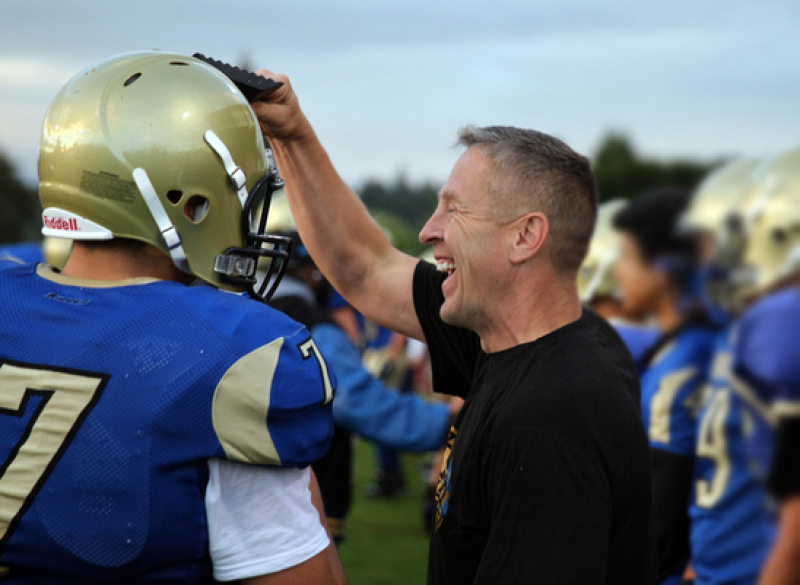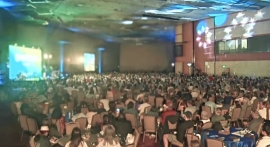
Indiana Attorney General Todd Rokita reaffirms his support for former Bremerton High School Coach Joseph Kennedy as the scheduled United States Supreme Court review of his case happens this month.
In an op-ed published in IndyStar last Tuesday, Attorney General Rokita emphasized the foundational role of faith in the daily lives of Americans. Rokita said this is seen not only this month of April when both Christians and Jews celebrate important feasts in their respective beliefs. Indiana's chief legal officer stressed that Americans practice faith wherever they go, which is practically why the Bill of Rights makes it the first freedom.
Rokita cited the rich heritage Americans have for religious liberty that the First Amendment promises. The attorney general highlighted the reality of religious freedom under attack in the country. He said religious freedom will only be preserved if citizens are willing to fight for it. He mentioned the upcoming hearing of Kennedy's case, "Kennedy v. Bremerton School District," next week and emphasized his support for it through an amicus brief.
"On April 25, the U.S. Supreme Court is scheduled to hear oral arguments in a case pertaining to these very issues," Rokita said.
"On behalf of Hoosiers, I'm standing with 26 like-minded attorneys general imploring the justices in an amicus brief to state loud and clear that in America we have the absolute right to voluntary prayer," he stressed.
Rokita and, originally, 20 other attorneys general filed the friend-of-the-court brief at the United States Court of Appeals for the Ninth Circuit last August 2020. The initiative was led by Texas Attorney General Ken Paxton. The other signatories were the attorneys general of Alaska, Alabama, Arizona, Arkansas, Georgia, Idaho, Kansas, Kentucky, Louisiana, Mississippi, Montana, Nebraska, Ohio, Oklahoma, South Carolina, South Dakota, Tennessee, Utah, and West Virginia.
The attorneys general of Florida, New Hampshire, and North Dakota followed suit. While Missouri Attorney General Eric Schmitt joined the amicus brief last March.
The case revolves around the coach's 15-second silent prayer after school games. What normally happens is several prayers would join the coach in prayer, creating a huddle at the 50-yard line. The school district ordered the coach to stop the prayers. Kennedy reasoned he is following his conscience, which prompted the school district to put him on administrative leave.
The Supreme Court accepted to review the case last January after it was refiled by First Liberty, Kennedy's counsel, in September when the Ninth Circuit refused to review it last July. The Ninth Circuit Court previously decided that Kennedy did not have the constitutional right to pray on the 50-yard line because he could be seen by the public, being a public school employee.
According to First Liberty, the amicus brief submitted by the attorneys general is an important document for the case. The amicus brief accordingly presents timely, critical, and compelling arguments of how governmental discrimination is experienced by people of faith like Kennedy. It asserts that Americans take their right to religious liberty even at work and points out the school district's hostility toward religion, which the Establishment Clause speaks against.
The amicus brief also pointed out that the school district's action against Kennedy--putting him on administrate leave before terminating his employment-has a detrimental effect on the diversity of viewpoints in the country.


















